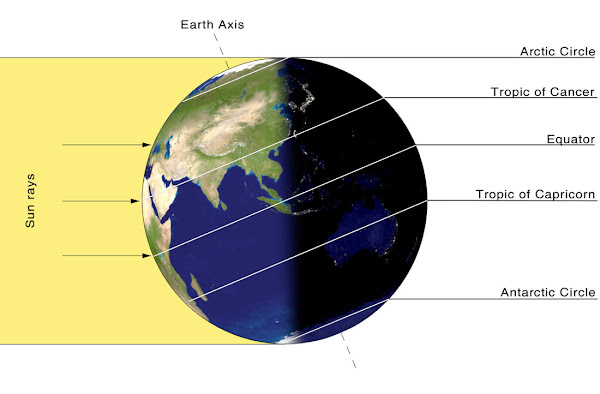I thought we might take a look at the Rosenbergs who were executed for spying in 1953 and whether their sons can reveal the truth but I had second thoughts.
I thought we might take a look at 10 Latin phrases people pretend to understand but I had second thoughts.
What to do? What to do?
I know, let's play Last Lines Of Movies instead!
I will give you the line and the person who said it. You name the movie in which it was the last line. You will receive an extra point if you can also name the person or group to whom the line was spoken, and you will also receive an extra point if you know the year the film was released. No fair looking anything up. You either know the answers or you don't. Guessing is always allowed. Since there are seven questions, the maximum score is 21.
Let's begin!
- "Nobody's perfect." (Joe E. Brown)
- "All right, Mr. DeMille, I'm ready for my close-up." (Gloria Swanson)
- "Mediocrities everywhere, I absolve you, I absolve you, I absolve you, I absolve you, I absolve you all." (F. Murray Abraham)
- "Frankly, my dear, I don't give a damn." (Clark Gable)
- "Rosebud." (Orson Welles)
- "Louie, this is the beginning of a beautiful friendship." (Humphrey Bogart)
- "Say? Oh, I'll say, 'The play is over. Go home.'" (Helen Hayes)
If you don't want to play the game, go back to the first options. Read the links at the top of the post (if you haven't already) and we'll discuss whatever you like.
Hey, I'm flexible, but that's another post.









